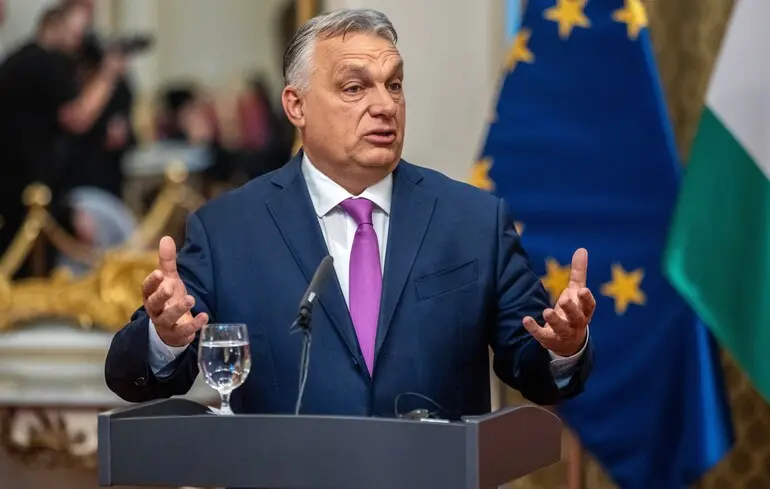European Parliament Deals a Heavy Blow to Orbán Ahead of Hungarian Elections

In Brussels, recent developments have significantly impacted Hungary’s political landscape as the country approaches its parliamentary elections scheduled for April next year.
On Tuesday, the European Parliament took a firm stance against Hungarian Prime Minister Viktor Orbán and his allies, condemning their actions and signaling potential use of political and legal tools to address internal criminal cases and the ongoing struggle for democratic values and judicial independence.
The Legal Affairs Committee of the Parliament passed a resolution emphasizing that Members of the European Parliament (MEPs) representing opposition movements in Hungary should be protected from persecution by Hungarian authorities.
This decision emerged amid persistent conflicts between Brussels and Budapest over LGBT+ rights, sanctions against Russia, and Ukraine’s accession to the EU.
Against the backdrop of political persecutions, Hungarian prosecutors began pursuing several opposition leaders: opposition leader Peter Mádlyar faced charges related to an incident in a nightclub, Democratic Coalition leader Klára Dobrev is being sued for defamation, and Italian activist and EU parliamentarian Ilaria Salis faces threats of detention and arrest after her previous imprisonment in Budapest.
Nevertheless, during the crucial vote in the JURI Committee, all three deputies retained their parliamentary immunity, incurring sharp criticism from various political factions, which argued that these cases were initiated after their election as MEPs.
Mádlyar, who polls show as a leading contender capable of defeating Orbán, became particularly problematic for Fidesz.
Fidesz representatives in Brussels strongly criticized the immunity decision, claiming it sent a disturbing signal that some politicians’ actions are exempt from legal consequences.
The head of the Fidesz-KDNP delegation, Tamás Deutsch, remarked that Brussels was sending a message that law doesn’t apply equally.
Many analysts warn that these tensions threaten the future of democracy in Hungary and could undermine EU unity.
Some interpret Orbán’s actions as an attempt to manipulate EU institutions to maintain power by stalling reforms, freezing billions of euros in aid, or blocking Ukraine’s EU accession process.
The question remains: how can the EU counteract Orbán’s destructive policies that threaten the integrity of the Union? Various strategies are being discussed, but a decisive move has yet to be seen.

